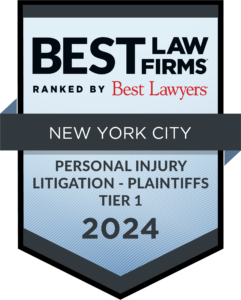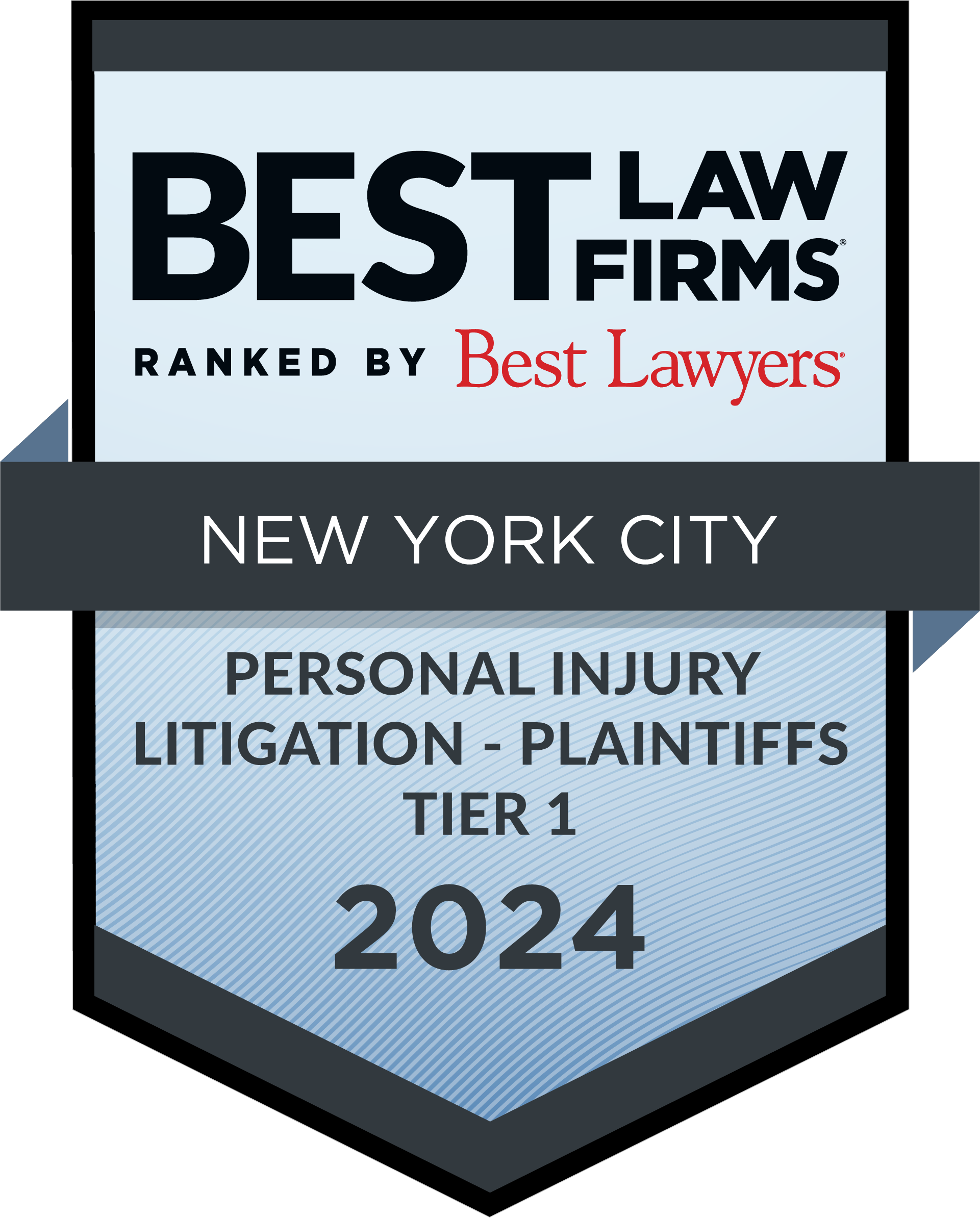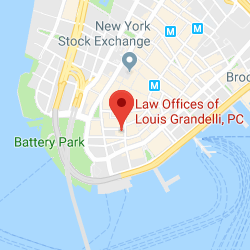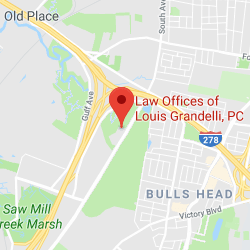Historically, firefighters and police officers were typically barred from bringing a lawsuit under the so-called “firefighter’s rule” when those individuals were injured in the line of duty. However, over the years, New York State law has been modified to provide for a means for police officers and firefighters to recover damages for personal injuries and lost wages resulting from injuries obtained during the course of their duties. In fact, police officers and firefighters have two separate causes of action: one under a theory of general common law negligence, and one that was created by the legislature exclusively for firefighters and police officers.
Firefighters and police officers take great risks when performing their job functions, and the original rule barring them from bringing lawsuits was premised on the idea that these individuals assumed the risk of the dangers that were inherent in carrying out their job duties. As one New York court noted, the rule existed, “as a matter of public policy [since] firefighters trained and compensated to confront such dangers must be precluded from recovering damages for the very situations that create a need for their services.” See Santangelo v. State of New York, 71 N.Y.2d 393, 397 (1988).
Beginning with General Municipal Law Section 205-a, which was initially passed in 1935 and amended in 1996, the Legislature “sought to ameliorate the harsh effects of the firefighter’s rule…” See Giuffrida v. Citibank Corp., 100 N.Y.2d 72, 77 (2003). The statute allows firefighters, who are injured in the line of duty, to bring a cause of action against defendants that violated a statute or regulation, which “directly or indirectly” caused the injury or death. The rule was extended to apply to police officers following the enaction of General Municipal Section 205-e by the Legislature. Both General Municipal Law Sections 205-a and 205-e were amended in 1996 to confer more rights to the injured parties and to resolve confusion, as court decisions were limiting the relief obtainable by police officers and firefighters.
General Municipal Law Sections 205-a and 205-e offer broad relief for police officers and firefighters injured during the line of duty. Essentially, the injured party needs to a) identify an underlying statute or regulation that was violated; b) demonstrate that the violation led “directly or indirectly” to the injury, and; 3) the violation was caused by the defendant’s omission, neglect, or willful or culpable conduct. Since the cause of action existed even if the violation “indirectly” caused the injury, a plaintiff would not need to prove causation to the same degree a plaintiff in a common law negligence case would need to. Furthermore, once the plaintiff established these three elements, the defendant is liable and comparative negligence is not a defense.
Even with the creation of the statutory cause of action, firefighters and police officers were still barred from bringing a cause of action sounding in negligence, when there was no underlining statutory or regulatory violation. However, the legislature went further in 1996 to largely abolish the “firefighter’s rule” by passing General Obligations Law Section 11-106, which gave police officers and firefighters a cause of action in general negligence when the injuries were caused during the line of duty. The law still exempts police officers and firefighters from suing their municipal employers or co-workers.
Accordingly, police officers and firefighters now have two separate avenues to be compensated for personal injuries suffered during the line of duty. If the injury was caused by a statutory or regulatory violation, then the plaintiff may be successful even if the injuries were not “proximately caused” by the violation, but were, rather “indirectly” caused by the violation. Additionally, police officers and firefighters may be successful in litigation even if the defendant did not violate a statute or regulation, but was simply negligent, and such negligence proximately caused the injury.
If you, or someone you know, is a police officer or firefighter injured during the line of duty, contact the attorneys at Louis Grandelli, P.C.



















